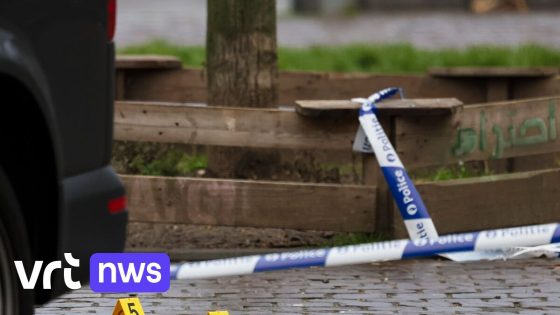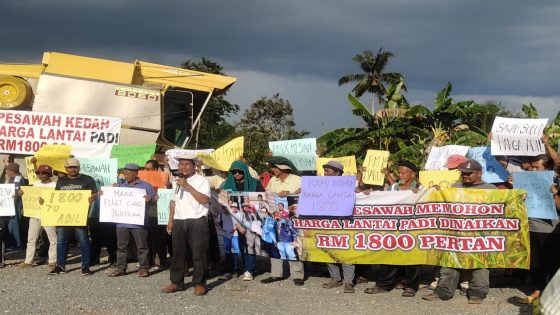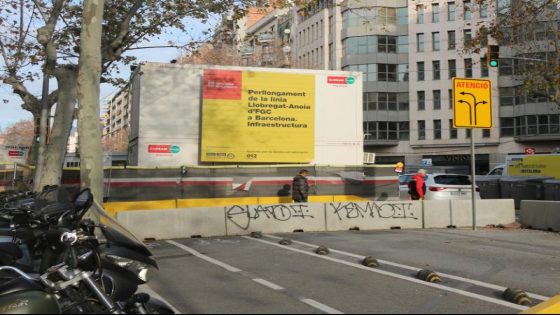The recent proposal to merge police zones in Brussels aims to tackle the escalating issue of drug violence. As discussions unfold, many are questioning whether this approach will effectively address the growing concerns surrounding public safety and crime rates. On February 7, 2025, local leaders expressed skepticism about the merger’s potential impact.
- Merging police zones aims to tackle drug violence.
- Increased police presence at train stations planned.
- Government proposes facial recognition technology use.
- Concerns raised by mayors about zone fusion.
- Stricter penalties for drug-related offenses suggested.
Will Merging Police Zones in Brussels Reduce Drug Violence Effectively?
This initiative raises an important question: can a merger truly enhance policing efforts against drug-related crimes? Many believe that consolidating resources could streamline operations and improve response times. However, others argue that local knowledge and community engagement might be lost in such a large-scale integration.
Key Features of the Proposed Merger for Enhanced Policing
The proposed merger includes several key features designed to strengthen law enforcement capabilities:
- Increased police presence at train stations to deter drug trafficking.
- Tougher measures against drug dealers with longer prison sentences.
- Implementation of facial recognition technology for improved surveillance.
- A commitment to bilingual services in hospitals for better community support.
The Role of Local Leaders in Policing Strategies
Local mayors have voiced their concerns regarding the merger, fearing it might dilute their influence over community policing strategies. They argue that understanding neighborhood dynamics is crucial for effective law enforcement. Will merging these zones create a one-size-fits-all approach that overlooks unique community needs?
The Impact on Community Relations and Trust
Merging police forces could significantly alter relationships between law enforcement and residents. Trust is essential for effective policing; how will communities react if they feel disconnected from their officers? Engaging citizens during this transition is vital to maintaining trust and cooperation.
Comparative Insights: Global Perspectives on Police Mergers
This situation draws parallels with other cities worldwide facing similar challenges. For instance, some urban areas have successfully merged police departments to enhance efficiency while others struggled with backlash from communities feeling marginalized. What lessons can Brussels learn from these experiences?
This ongoing discussion underscores the complexity of addressing urban crime through structural changes in law enforcement. As Brussels navigates these waters, it remains essential to balance efficiency with community engagement.

































